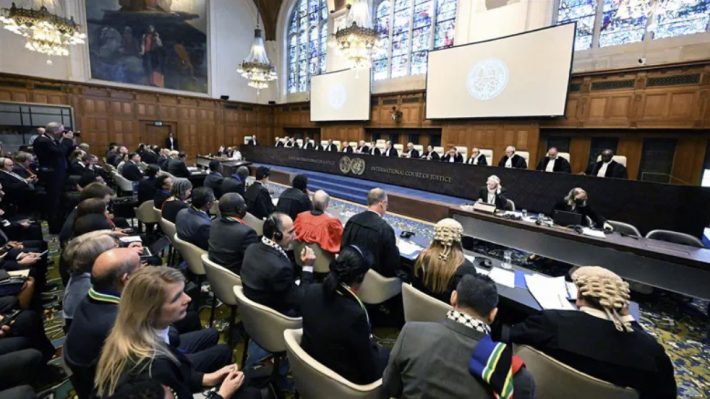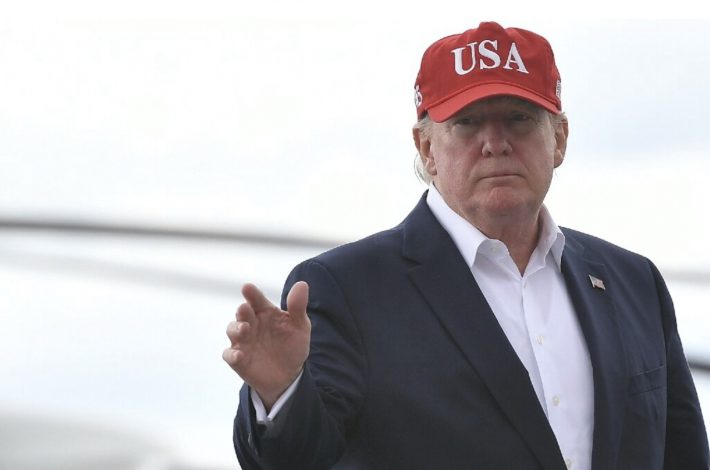A U.S. federal judge has struck down President Trump’s executive order sanctioning ICC supporters, ruling it infringes on First Amendment protections of free speech.
Washington, D.C. – In a major rebuke to executive power, a U.S. federal judge has blocked enforcement of an executive order issued by former President Donald Trump that imposed sanctions on individuals supporting the International Criminal Court (ICC), Reuters reported Friday.
The ruling, handed down by U.S. District Judge Nancy Torresen, stems from a lawsuit filed in April by two human rights attorneys. The plaintiffs challenged the legality of Trump’s February 6 executive order, which allowed for economic and travel sanctions against anyone assisting ICC investigations involving U.S. nationals or allied states, such as Israel.
Judge Torresen’s decision declared the executive order unconstitutional, particularly on grounds of violating the First Amendment. “The executive order appears to restrict substantially more speech than necessary to further that end,” Torresen wrote, emphasizing that it criminalized a broad range of protected speech, even when unrelated to investigations into the United States or its allies.
The now-halted order had far-reaching implications. It led to sanctions against British ICC Chief Prosecutor Karim Khan, placing him on the U.S. Treasury’s Office of Foreign Assets Control (OFAC) blacklist, typically reserved for terrorists and international criminals. Furthermore, the Trump administration later imposed sanctions on four ICC judges, a move seen as retaliatory following the court’s issuance of arrest warrants for Israeli Prime Minister Benjamin Netanyahu and former Defense Minister Yoav Gallant, as well as its investigation into alleged war crimes by U.S. troops in Afghanistan.
The executive order drew strong condemnation from the ICC’s Assembly of States Parties, which represents the Court’s 125 member nations. In a firm statement, the assembly denounced the U.S. move as an attempt to obstruct judicial independence, declaring: “These actions are regrettable attempts to impede the Court and its personnel in the exercise of their independent judicial functions.”
This ruling marks a significant victory for civil liberties advocates, reaffirming that political disagreements do not justify silencing international legal cooperation through punitive measures. Legal analysts say the ruling may have implications for future executive overreach on foreign policy matters involving international institutions.





